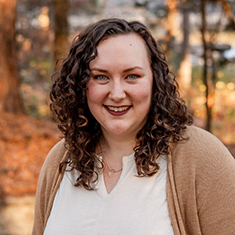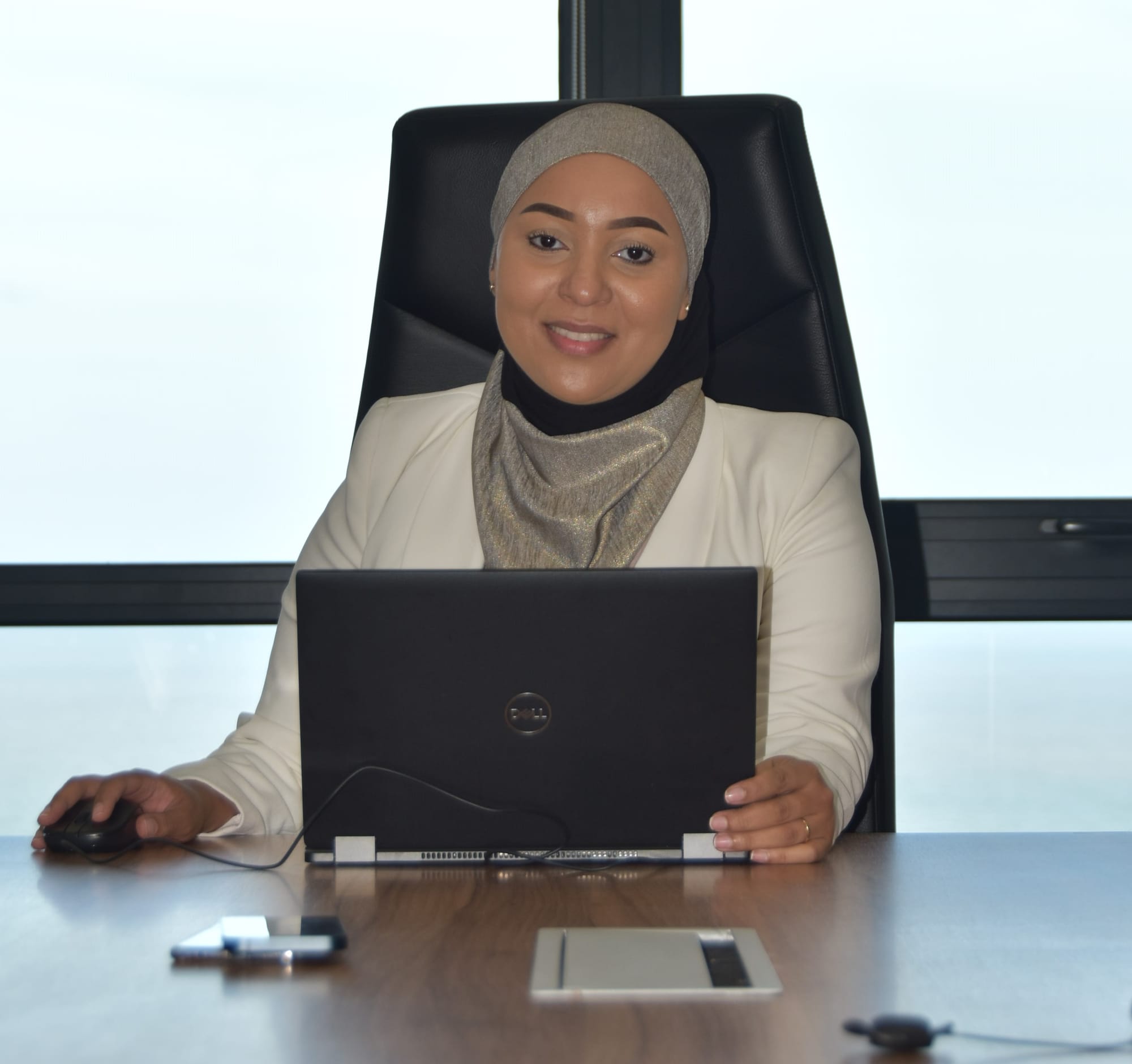Well functioning democracies typically rest on three pillars: the state, the market economy, and civil society. Although nongovernmental organizations have existed in Thailand since the Vietnam War, management in the country’s civil society sector has lagged. During Thailand’s modernization and rapid growth, the state and private sectors have dominated development, with universities limited to preparing Thai people for employment in these sectors. Until recently, there were no university programs dedicated to nonprofit management.

This imbalance contributed to what observers have characterized as “modernization without development.” As Thailand achieved high economic growth, corruption also grew, relatively unchecked. Over the past 10 years, while formal political institutions—such as political parties and the judiciary—became firmly established or “modernized,” democracy institutions did not develop to the same degree, nor did the responsiveness of the state or big business. Activism by ordinary citizens was discouraged. Political turmoil continues to threaten development, potentially undermining the socioeconomic wellbeing of the entire region.
It was against this backdrop that the U.S. Agency for International Development (USAID) Sapan Program was launched five years ago in an effort to strengthen civil society and thereby enable Thailand’s democracy as a whole to function better. My own institution, Khon Kaen University, is a proud partner in that effort, and with Sapan’s support has recently established the Center for Civil Society and Nonprofit Management (CSNM) to train and nurture a generation of new leaders for the civil society sector. Encouragingly, the CSNM has progressed to the point where it is now implementing direct funding from USAID.

The Democracy Revelation
USAID Sapan’s first order of business was to raise the democratic “awareness” of citizens. This awareness of being clients of state services was a revelation to many. Only 150 years ago, people were subjects of the state; even under modernization, people saw themselves as clients only in their relations with the larger state and with private business. Their sense of being clients or consumers of public services—such as education, healthcare, and infrastructure management—was missing, making them passive in demanding service, transparency, and accountability.
Khon Kaen University, one of five Thai universities to partner with USAID Sapan, began by surveying citizens to gain insight into their attitudes. We conducted case studies, explored ways to promote positive engagement in the political process—especially in public services—and studied tools for people to monitor or engage in public services.
We found that the Thai people often lacked the confidence to engage in public life. Where political participation did happen, it was frequently guided by the usual powerbrokers. In the spaces outside the state and big business, people had not consolidated sufficiently to interact effectively with the state. Researching this aspect of the Thai polity remains a focal point for the CSNM in its mission and curriculum.

Improving CSO Management
As a partner of USAID Sapan in the drive to improve the management of civil society organizations (CSOs), Khon Kaen University was compelled to take a hard look at its own management capacity. We used scorecards to assess that capacity, and when we found it wanting we moved to upgrade our policy manuals and train staff in key areas such as financial management. This experience, combined with extensive research into the management capacity and broad training needs of other CSOs, led us to establish the CSNM in October 2013.
USAID Sapan played a crucial role in building the CSNM’s capacity by:
- Building links with leading U.S. institutions. USAID Sapan facilitated a study tour to the United States for leaders of the newly established CSNM, with top managers of CSNM and Khon Kaen University visiting renowned nonprofit institutions and establishing networks with their leaders.
- Assisting CSNM in formulating an organization strategy and plan, laying out the financial management system, structuring human resource management, and reviewing policy manuals.
- Developing training for CSOs, including four modules for project management and three for finance and budget. USAID Sapan also helped us develop local governance tools such as community scorecards (led by the women-led WePeace organization) and training in budget literacy, which we delivered to CSOs from throughout Thailand.
- Assisting the CSNM with the startup of the Civil Society Partnership Project (CSPP), a project directly funded by USAID. As a new organization, our capacity for implementing CSPP is a great challenge. USAID Sapan assistance ensured proper implementation and use of a management system in compliance with USAID’s award stipulations. Sapan also advised us in the review of CSPP’s management and monitoring and evaluation plans, finances, and budgets.

CSO Self-Management
Key partners throughout Thailand have come to realize that improving their management improves their prospects for addressing issues of democracy and governance. Through the CSNM, Khon Kaen University is now developing degree courses and providing instruction for students in this discipline. CSNM will soon offer certification courses for civil society leaders from throughout the Lower Mekong region, providing credits that participants can use to pursue university degrees. Over the next three years, we will develop bachelor’s and master’s degree and executive certificate programs, and we will seek to establish the CSNM as a regional hub for coordination, best practice exchange, and networking.
Various challenges remain before us, including:
- Delivering more accessible and more effective “technical know-how,” such as local governance tools and training courses;
- Optimizing research platforms for CSOs; and
- Ensuring the sustainability of CSOs.
But with continued support from the USAID Sapan Program, and building on the experience of implementing CSPP, we believe we are well positioned to enhance civil society in Thailand and the region.




